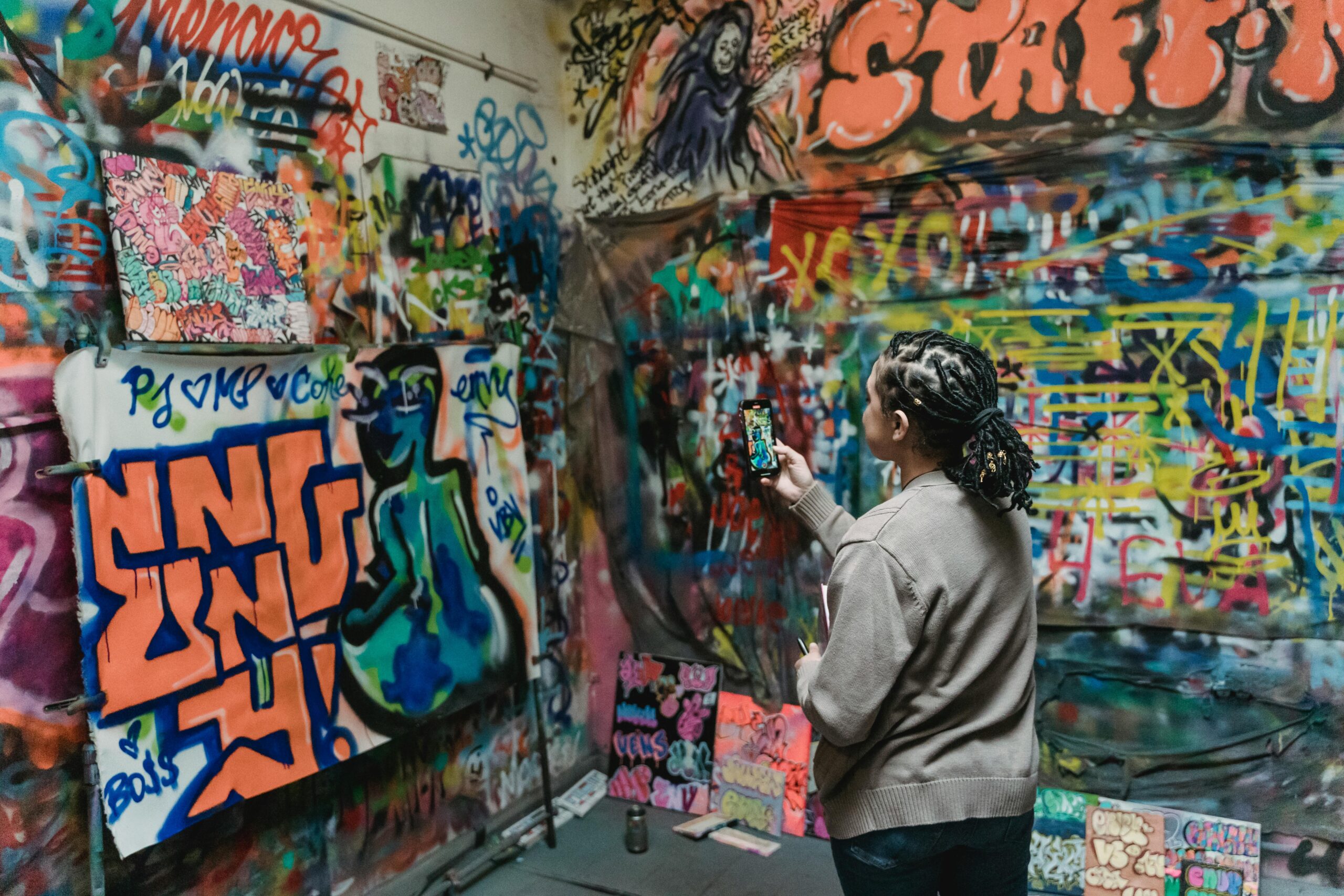From the poetic monologues of Shakespearean stage actors to the carefully curated scripts of modern streaming platforms, the art of elegant speech has undergone a dramatic transformation.
Gone are the days when eloquence was measured by diction and dramatic pauses. Today’s media landscape rewards clarity, accessibility, and emotional resonance — but elegance still matters.
In this article, we’ll explore:
- How elegant speech evolved from theater to television to streaming
- Why it still plays a vital role in storytelling
- What modern creators can learn from the past
- And how to preserve eloquence in a world that favors speed and brevity
Let’s take a journey through time — from the stage to the screen.
The Golden Age of Elegant Speech: Theater and Radio
Before film and television, theater and radio were the dominant forms of mass entertainment — and they demanded precision in language .
Elocution as Art Form
In classical theater, actors trained for years in voice control , pronunciation , and emotional delivery . Think of the crisp enunciation of Sir Laurence Olivier or the commanding presence of Orson Welles.
Elegant speech wasn’t just about sounding refined — it was about being understood across vast auditoriums without microphones.
The Rise of Radio Drama
Radio brought storytelling into homes — and with it, a new emphasis on clarity and tone .
Without visual cues, voice alone carried meaning. Writers crafted lines with care, and performers delivered them with intention.
This era laid the foundation for how we speak in media today — even if subtlety has given way to punchier dialogue.
Mid-Century Hollywood: Elegance Meets Personality
As cinema rose to prominence, elegant speech took on a more naturalistic form — blending theatrical flair with realism.
The Classic Hollywood Era (1930s–1960s)
Golden Age films featured characters who spoke with grace and poise — whether they were delivering romantic declarations or witty banter.
Examples:
- Audrey Hepburn in Breakfast at Tiffany’s : “I’m not a committee — I’m a girl.”
- Katharine Hepburn in The Philadelphia Story : “You have brains and imagination, and you’re not afraid of showing ‘em.”
These lines weren’t just well-written — they were delivered with rhythm, nuance, and confidence .
Television Enters the Scene
With TV, speech became more conversational — yet some shows still embraced elegance:
- I Love Lucy balanced humor with articulate dialogue
- Star Trek (original series) used elevated language to reflect futuristic ideals
- Masterpiece Theatre kept high culture alive in American living rooms
Even as media became more accessible, elegant speech remained a sign of sophistication and character depth .
Modern Streaming: The Shift Toward Naturalism
Today, streaming platforms like Netflix, Hulu, and Amazon Prime dominate our screens — and the style of speech has changed dramatically.
Psychological Insight: Why We Prefer Conversational Tone Now
Modern audiences favor authenticity over artifice . In an age of social media and casual communication, overly polished or archaic dialogue can feel distant or elitist .
But that doesn’t mean elegant speech is dead — it’s simply evolved.
Examples of Elegant Dialogue in Contemporary Media
Some shows still embrace elevated language — and do so successfully:
1. The Crown
The dialogue reflects historical accuracy and royal decorum, offering viewers a window into a world where every word carries weight.
2. Downton Abbey
A masterclass in subtext , nuance , and linguistic restraint — all while remaining emotionally engaging.
3. Bridgerton
While modernized with diverse casting and music, the show preserves the poetic structure of Regency-era dialogue , making it both elegant and entertaining.
4. Succession
Though sharp and often brutal, the writing showcases intelligent, layered speech — proving that elegance isn’t always soft-spoken.
The Elements of Elegant Speech That Still Work Today
Despite changes in tone and pacing, several aspects of elegant speech remain effective in modern media.
Here’s what still works — and why.
1. Clarity Over Complexity
Elegant speech isn’t about using big words — it’s about saying something meaningful clearly.
Good Example:
“You have no idea what it cost me to do nothing.” – The Queen, The Crown
Bad Example:
“That endeavor was quite costly from a fiscal perspective.”
Clear, impactful language wins every time.
2. Emotional Precision
Elegant speech conveys emotion without melodrama .
Good Example:
“We all carry scars we don’t show anyone.” – Succession
Bad Example:
“I am currently experiencing residual emotional distress due to past interpersonal trauma.”
Real emotion resonates better than clinical phrasing.
3. Rhythm and Cadence
Good writing flows — and great actors know how to use pauses, inflection, and pacing to enhance meaning.
Think of Meryl Streep’s pauses in The Devil Wears Prada , or Viola Davis’s slow-burn intensity in How to Get Away With Murder .
It’s not just what’s said — it’s how it’s said .
4. Subtlety and Subtext
One of the hallmarks of elegant speech is the ability to say a lot without saying much at all .
Good Example:
“I didn’t come here to be liked.” – Selina Meyer, Veep
Bad Example:
“I don’t care what you think about me.”
Subtle delivery invites interpretation — and keeps audiences engaged.
5. Respectful Conflict
Modern drama thrives on tension — but elegance lies in how conflict is expressed.
Good Example:
“Power is a lot like real estate. It’s all about location, location, location.” – Margaret Trudeau, The Crown
🚫 Bad Example:
“You’re an idiot.”
Even in heated scenes, intelligent dialogue elevates storytelling.
Why Elegant Speech Still Matters in Media
Despite the shift toward casual dialogue, elegant speech remains valuable — especially in character-driven narratives.
Reasons Elegant Speech Endures:
- Character Depth : Well-crafted lines reveal personality, background, and values.
- Audience Engagement : Thoughtful dialogue encourages rewatch value and discussion.
- Timelessness : Shows with elegant speech age better than those full of slang or trends.
- Cultural Identity : Period dramas, biopics, and political thrillers rely on elevated language to ground their worlds.
Even in fast-paced streaming content, eloquence has its place — it’s just more selective.
How Creators Can Use Elegant Speech in Modern Media
Want your dialogue to feel timeless and powerful — without alienating modern viewers?
Here’s how to incorporate elegant speech effectively:
1. Know Your Audience
Use elegant speech where it makes sense — in period pieces, courtroom dramas, or character studies. Don’t force it into teen comedies unless it feels natural.
2. Balance Poise With Authenticity
Don’t write characters who sound like Shakespeare — but give them depth, rhythm, and purpose in what they say.
Example:
“I’ve spent my life trying to matter. But now I realize, I already did.”
Feels elegant — without feeling forced.
3. Let Silence Speak Too
Elegant speech isn’t just about long sentences — it’s also about knowing when to pause.
Silence can be more powerful than volume.
4. Write for the Actor
Great writing becomes greater with great delivery. Consider how a line will be spoken — not just read.
Work with actors to refine timing and emotional impact.
5. Embrace Emotional Intelligence
Elegant speech isn’t pretentious — it’s emotionally intelligent .
It shows understanding of context, history, and human complexity.
Frequently Asked Questions (FAQ)
Q: Is elegant speech still relevant in modern media?
A: Yes — especially in character-driven stories, historical dramas, and prestige television.
Q: Does elegant speech mean formal or old-fashioned?
A: Not necessarily. It means thoughtful, expressive, and emotionally rich — regardless of time period.
Q: Can modern shows benefit from elegant dialogue?
A: Absolutely. Shows like The Crown , Succession , and Bridgerton prove that sophisticated speech can thrive in contemporary formats.
Q: Is elegant speech only for older audiences?
A: No — younger viewers appreciate smart writing too. The key is relevance , not age.
Q: How can writers develop elegant dialogue skills?
A: Study classic plays and speeches, read poetry, and practice writing subtext-rich lines that say more than they seem to.
Final Thoughts
Elegant speech may no longer dominate the airwaves — but it hasn’t disappeared.
Instead, it’s adapted — finding new life in shows that balance intelligence with intimacy, tradition with innovation, and drama with depth.
Whether you’re watching a Shakespearean soliloquy or a tense boardroom scene on HBO, the power of well-chosen words remains undeniable.
Because in media, as in life, what we say — and how we say it — shapes how we’re remembered .
And sometimes, the most unforgettable moments aren’t shouted — they’re whispered.





